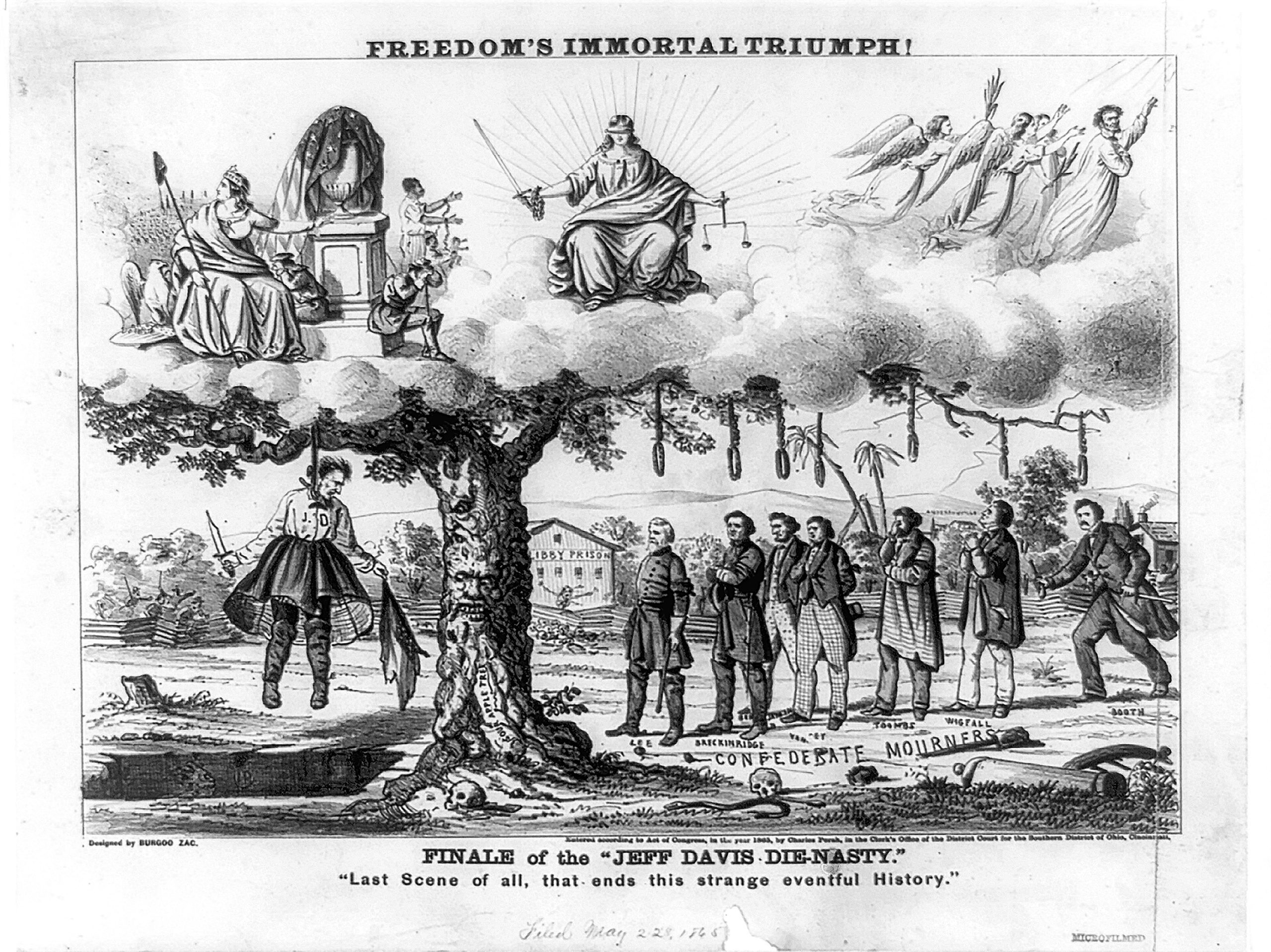
by Bill Gilmore
Throughout much of the western world, the issue of the granting of asylum has assumed ever greater visibility over recent months. Nowhere is this more so than in the United Kingdom. The numbers of, restrictions on, and the treatment of asylum seekers are topics of heated debate. The Home Secretary has talked darkly of their “invasion” of the English southern coast. Media coverage is extensive and largely negative. The atmosphere surrounding the topic is increasingly toxic. Positive media coverage is rare; good news stories rarer still. Was it always thus?
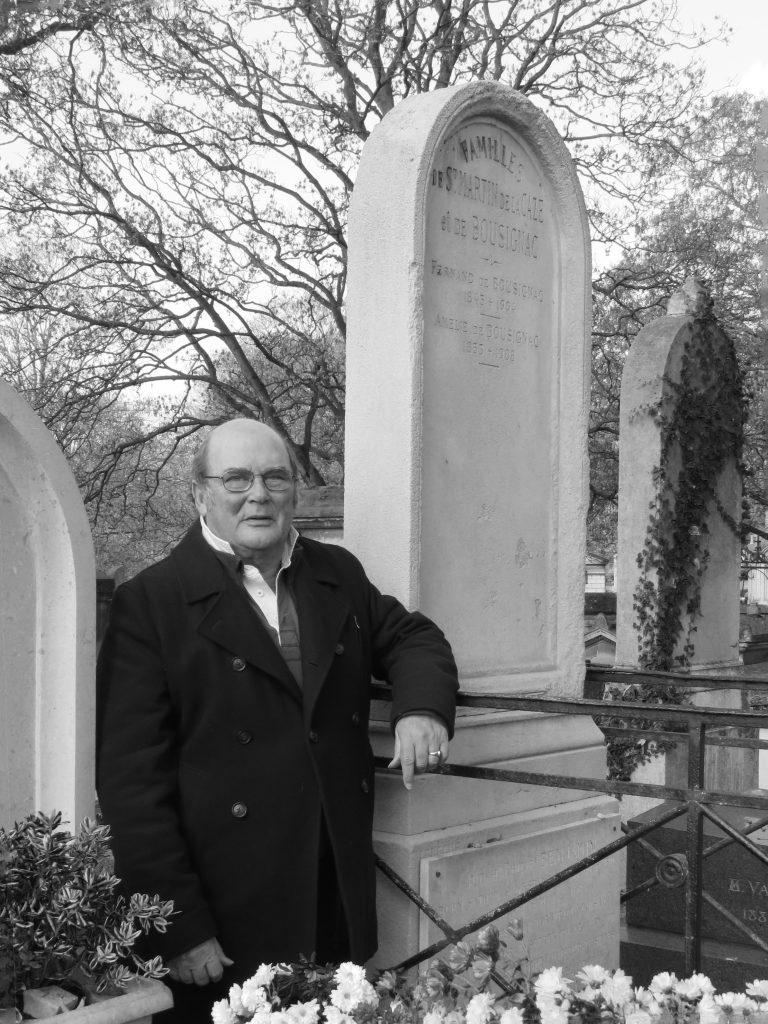
The life story of Judah P Benjamin offers an interesting contrast. A self-made man from humble beginnings, Benjamin emerged in the 1840s as perhaps the leading Attorney of Louisiana. In 1853 he became the first person of Jewish heritage to be offered nomination to the US Supreme Court – an honour he declined. Instead, in the same year, he became only the second Jew to serve as a member of the US Senate. However,12 years later, on 30 August 1865, he disembarked from the steamer Seine at Southampton, his fortune confiscated, seeking refuge and a new life in the United Kingdom.
Benjamin, though he had encountered antisemitism throughout his life, was not fleeing religious persecution. Rather he was seeking to avoid what he feared would be victor’s justice. A staunch and controversial defender of both slavery and the southern way of life, in the US Senate he became a supporter of secession. In the American Civil War, he served continuously in the Confederate Cabinet of Jefferson Davis: initially as Attorney General, then as Secretary of War, and finally as Secretary of State. Following the victory of the Union and the assassination of President Lincoln, he came to fear for his life. Such fears were not entirely fanciful. The New York Times was by no means alone in calling for Benjamin and other Confederate leaders to face the death penalty.
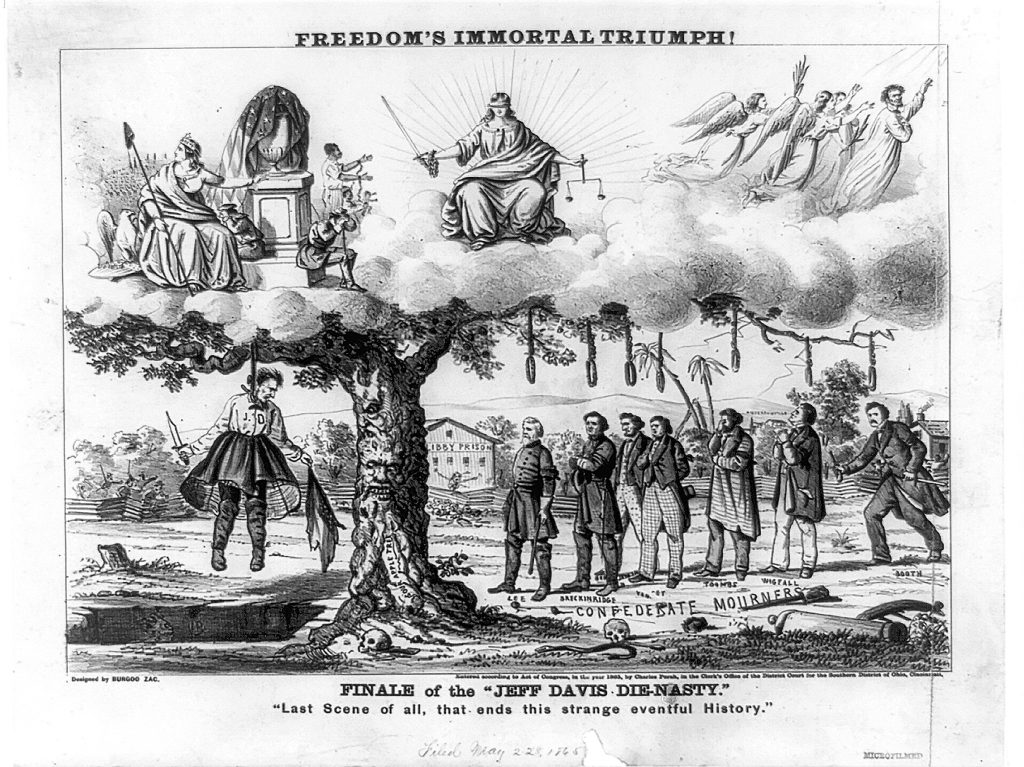
Davis would shortly be arrested and charged with treason. In a daring journey, Benjamin managed to evade capture and fled to England.
Upon his arrival, and at the age of 55, Benjamin decided to seek to rebuild his career in the law. In the absence of any reciprocal recognition of foreign legal qualifications, he elected to enter Lincoln’s Inn in London as a student barrister. There he was eventually permitted to proceed with near unprecedented rapidity and was called to the Bar but a year later. Initially, he struggled to find work and directed much of his energy to the writing of a text on commercial law. Entitled A Treatise on the Law of Sale of Personal Property it was published to much acclaim in 1868 and quickly became a legal classic. Indeed a leading source on the topic continues to this day to bear his name. The retainers rolled in and his practice, especially in appellate work before the House of Lords and the Judicial Committee of the Privy Council, grew rapidly. By the time of his retirement, brought about by ill health, he was undoubtedly one of the leaders of the English Bar.
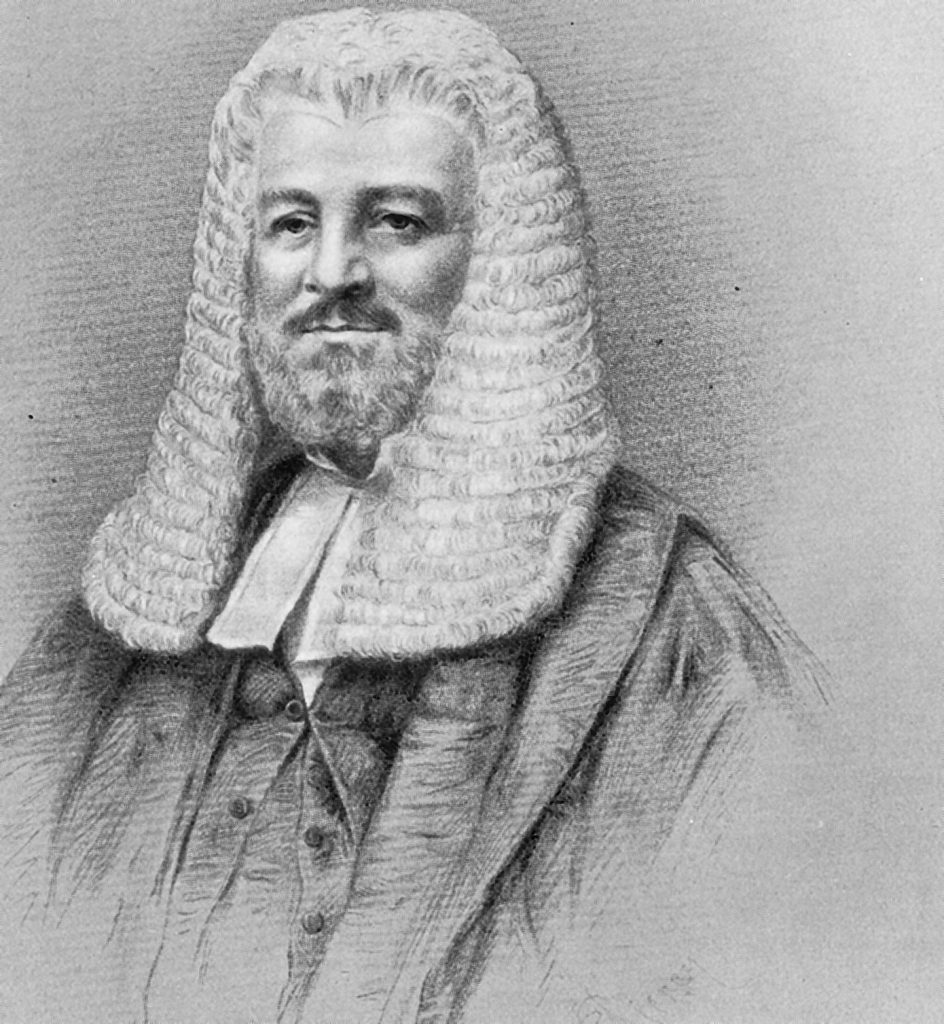
On the evening of Saturday 30 June 1883 a grand banquet, hosted by the Attorney General, was held in the Inner Temple Hall in central London for the legal profession to mark his retirement. In his relatively brief remarks, Benjamin thanked those who had expedited his call to the Bar in his early years in England. He also reflected upon the treatment he had received more generally:
I never, so far as I am aware, received anything but a warm and kindly welcome. I never had occasion to feel that anyone regarded me as an intruder. I never felt a touch of professional jealousy. I never received any unkindness. On the contrary, from all quarters I received a warm and cordial welcome to which, as a stranger, I had no title, except that I was a political exile, seeking honourable labour to retrieve shattered fortunes, wrecked in the ruin of a lost cause.
The Confederate Jurist: The Legal Life of Judah P Benjamin, published in paperback in February 2023 by Edinburgh University Press, reflects upon the exceptional life story of this flawed and controversial politician, outstanding lawyer, and successful asylum seeker.
About the book
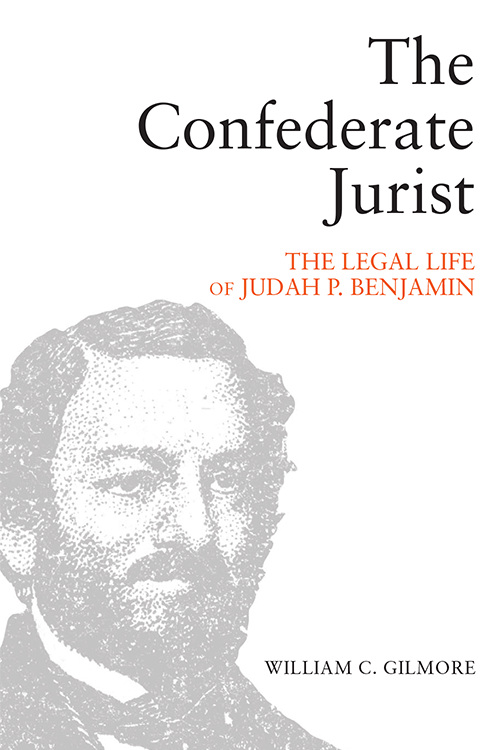
The Confederate Jurist
The Legal Life of Judah P. Benjamin
Drawing on a range of primary source materials including newspaper articles, case law and extensive archival research in the UK and USA, this book charts his rise as a lawyer first in the mixed legal system of Louisiana and then nationally. In 1853 he was the first person of Jewish heritage to be offered nomination to the US Supreme Court – an honour he declined. Benjamin was also a member of the US Senate, a slave owner and a supporter of Southern secession. In the Civil War he served continuously in the Confederate Cabinet initially as Attorney General, then as Secretary of War and finally as Secretary of State. Following the victory of the Union he fled America, a fugitive. In political exile in England he requalified as a Barrister at Lincoln’s Inn. Within a decade he had written a scholarly and long-enduring treatise on commercial law and become the undisputed advocate of choice in appeals before the House of Lords and the Privy Council. This book considers the extraordinary career of this distinguished jurist and reflects upon his legal legacy.
About the author
William (Bill) Gilmore is Emeritus Professor of International Criminal Law in the University of Edinburgh and a former Dean and Head of its School of Law. In 2017 he was awarded the medal of honour of the Council of Europe for his contributions to European efforts to counter money laundering and the financing of terrorism. The Confederate Jurist: The Legal Life of Judah P. Benjamin (Edinburgh University Press, 2021) is his second book of legal history.
Sign up for our mailing list!
Want to hear more about what we’re publishing? Sign up to our mailing list! You’ll be the first to hear about new books, blog posts and events.


